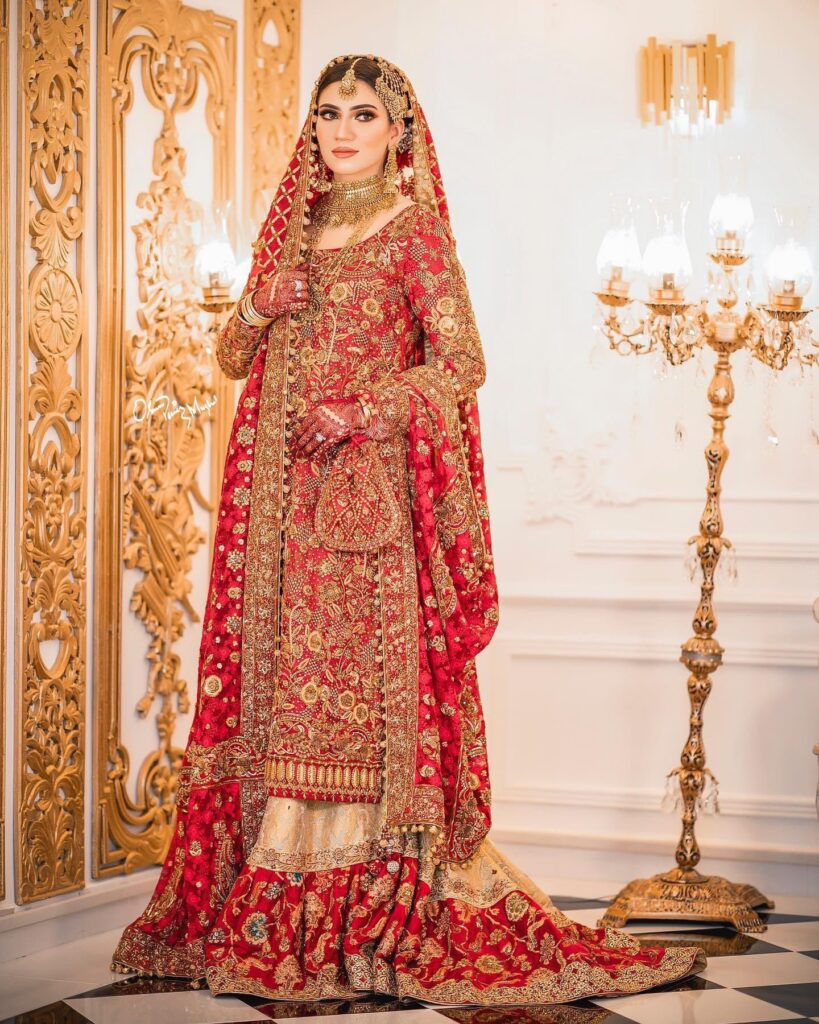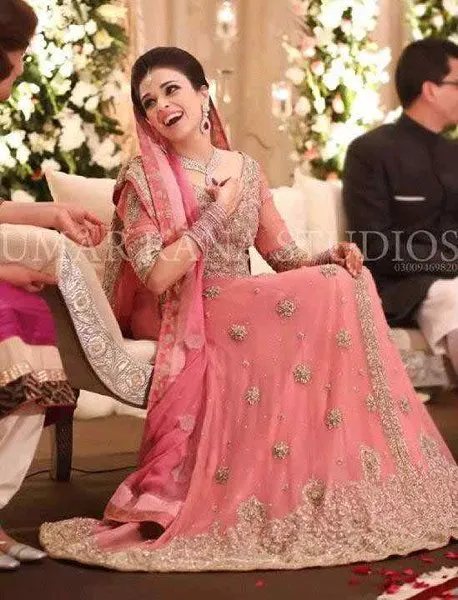
Pakistani Wedding Trends
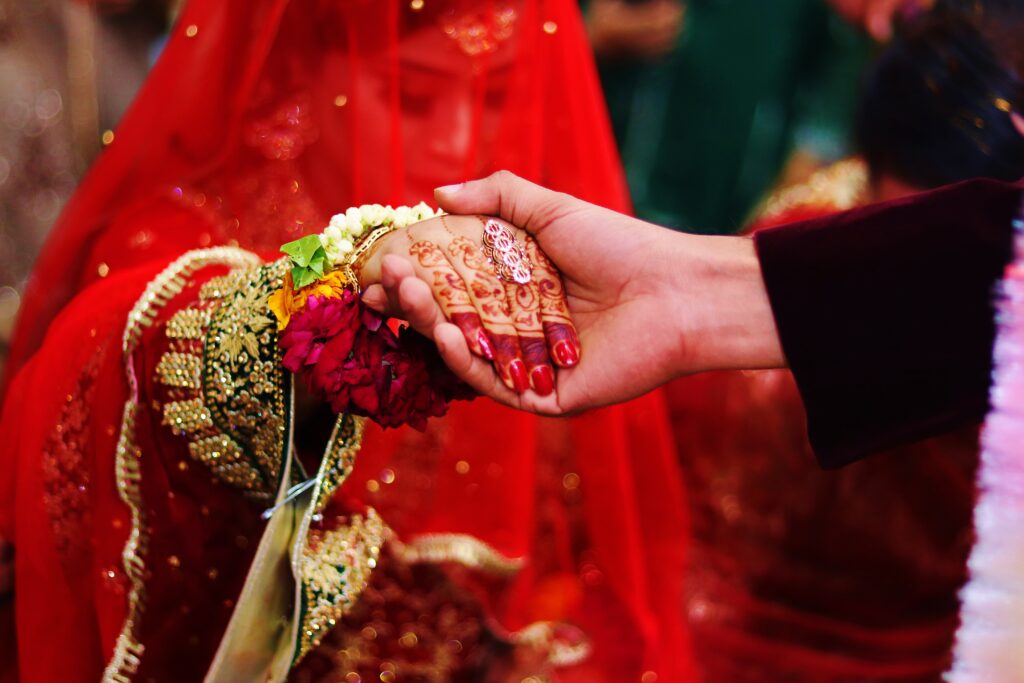
The prevailing wedding trends in Pakistan
In pakistani wedding Marriage holds immense significance in Islam, and Pakistan being an Islamic country, places great emphasis on this sacred union.
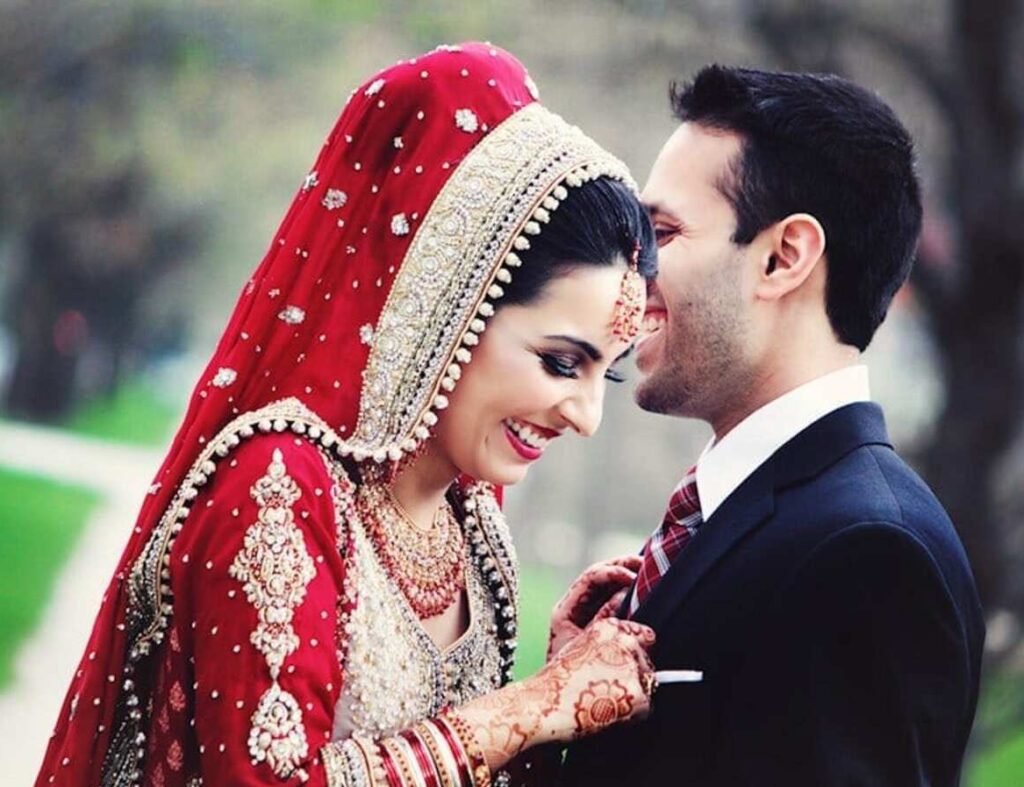
It is a cherished aspiration for many, with young men often yearning to become grooms at an early age. In Pakistan, it is common for boys to marry between the ages of 28 to 30 years.
On the other hand, In the context of Pakistani culture, girls from traditional eastern families might initially come across as reserved when it comes to the idea of marriage. However, beneath that reservation, they hold a profound desire to embrace their role as beautiful brides and cherish their special day.
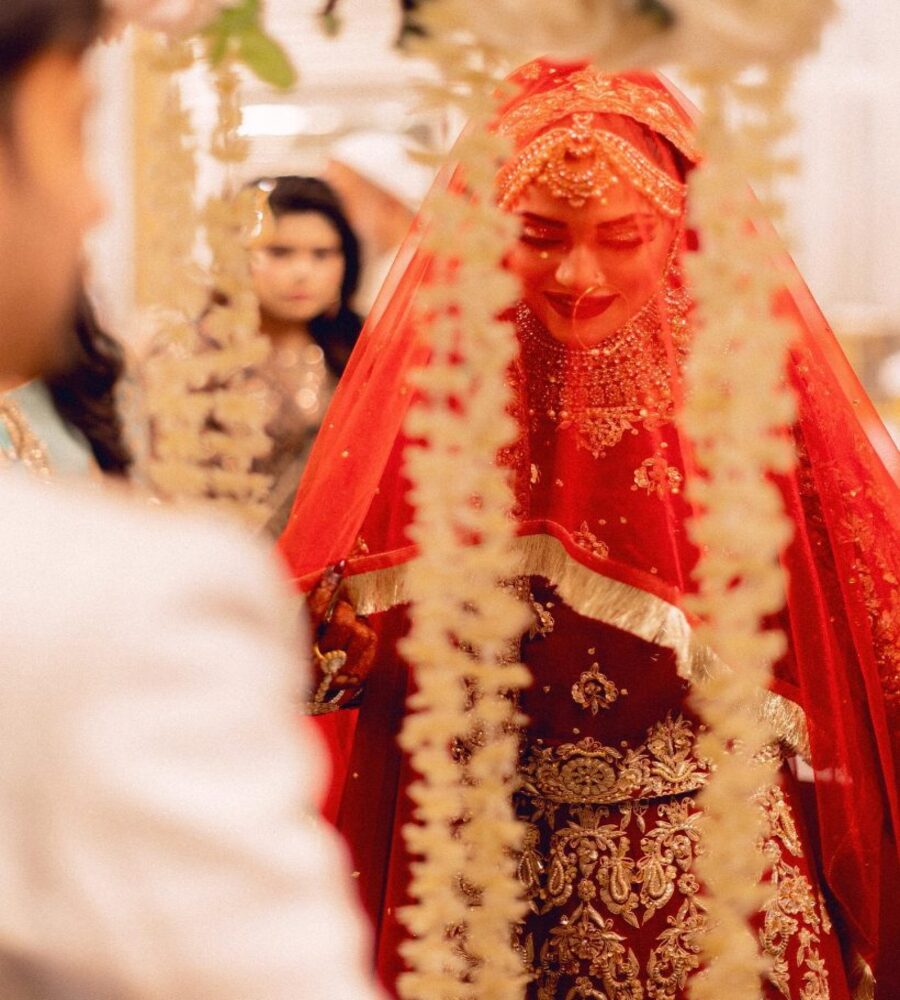
In Pakistan, marriage is a vital Islamic obligation, and wedding trends blend ancestral traditions with modern elements.

A Pakistani wedding is a grand and joyous celebration, rich in cultural traditions and rituals.It typically consists of several events spread over several days, each with its significance and unique customs
Pakistani Rich in Cultural Traditions
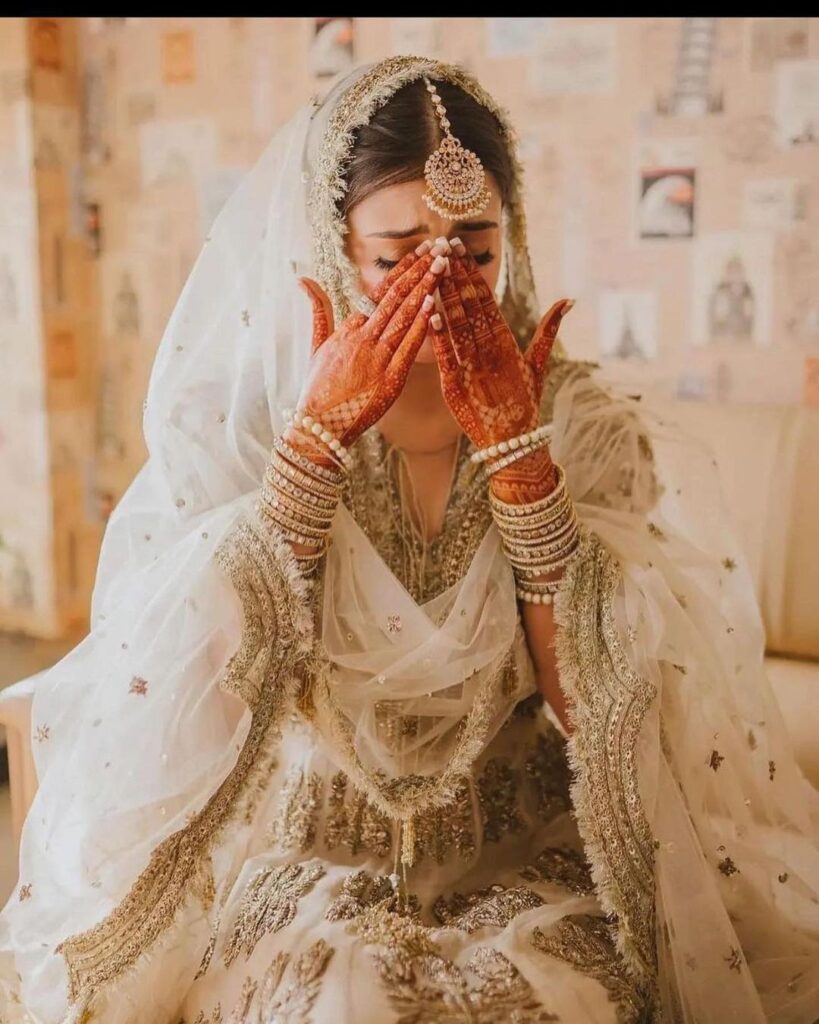
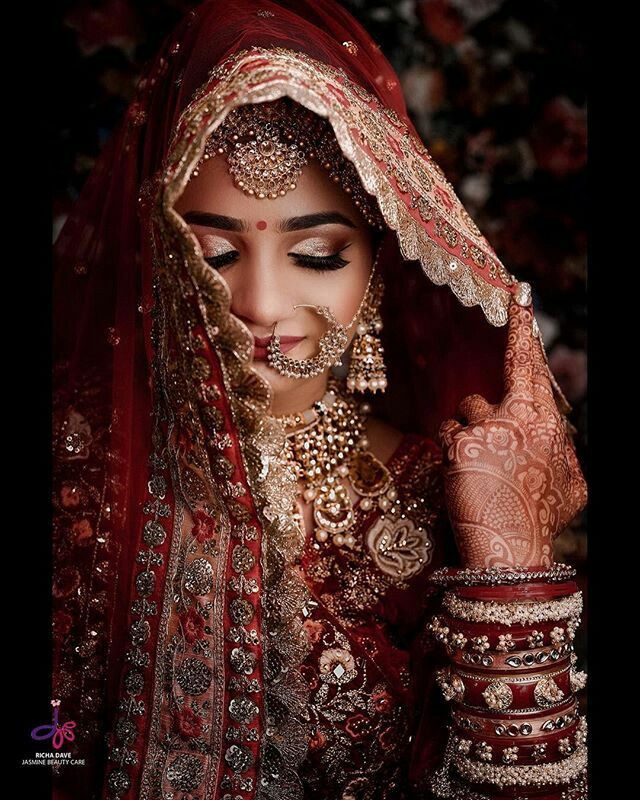
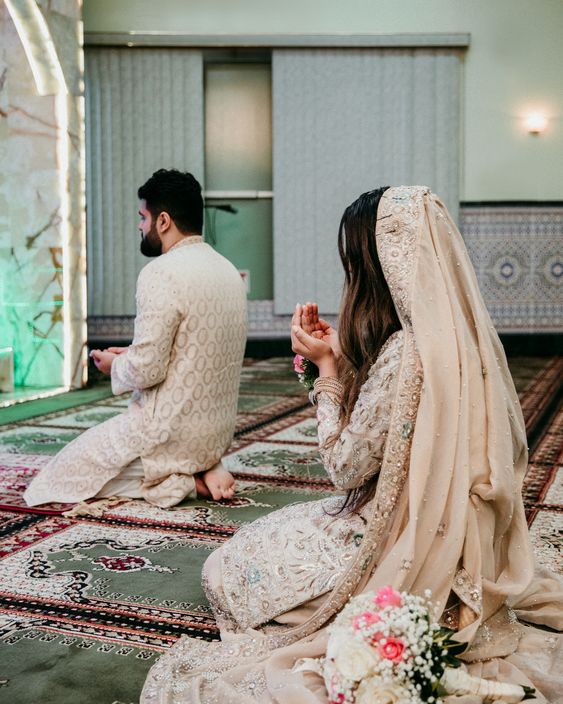
Previously, wedding celebrations spanned over three days, encompassing the Mehndi, Barat, and Valima functions.
Mayo,Mahndi

Barat
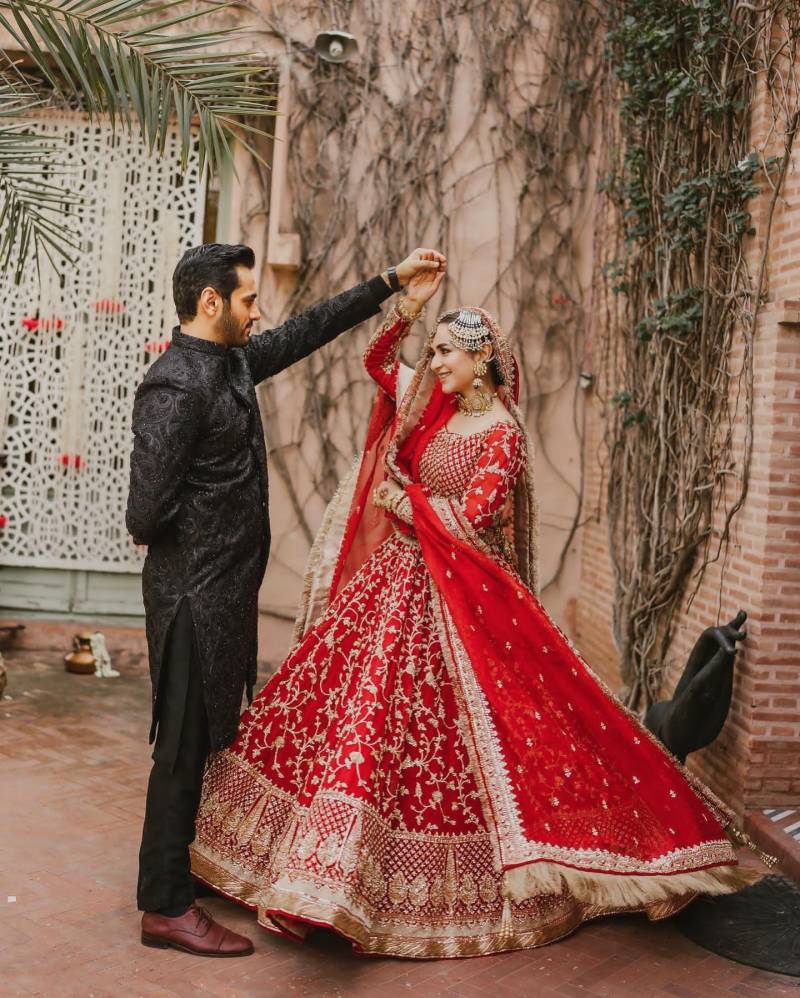
Walima
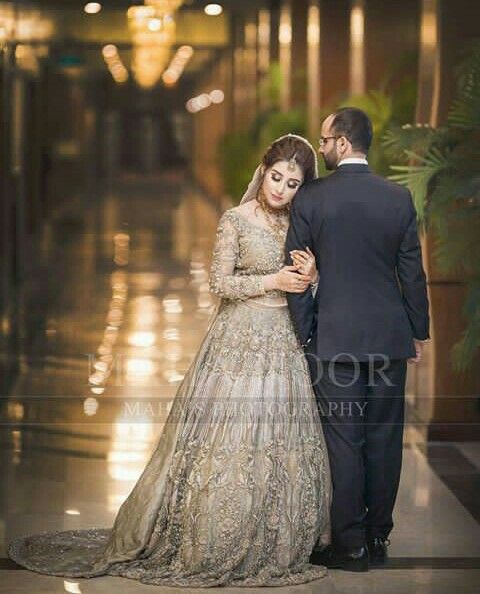
The grand pakistani wedding celebrations involve a myriad of pre-wedding customs and tradition such as engagement, Dholki, Mayoun, Ubtan, and Mehndi, leading up to the highly anticipated wedding day known as Barat. After the wedding, there are further celebrations like Valima and Chauthi.
Pakistani Wedding Traditions
Initiating the Marriage Proposal. The initial stage of any marriage begins with sending a wedding proposal
Marriage Proposel
A marriage proposal is a significant and life-changing event where one person seeks the hand of another in marriage.
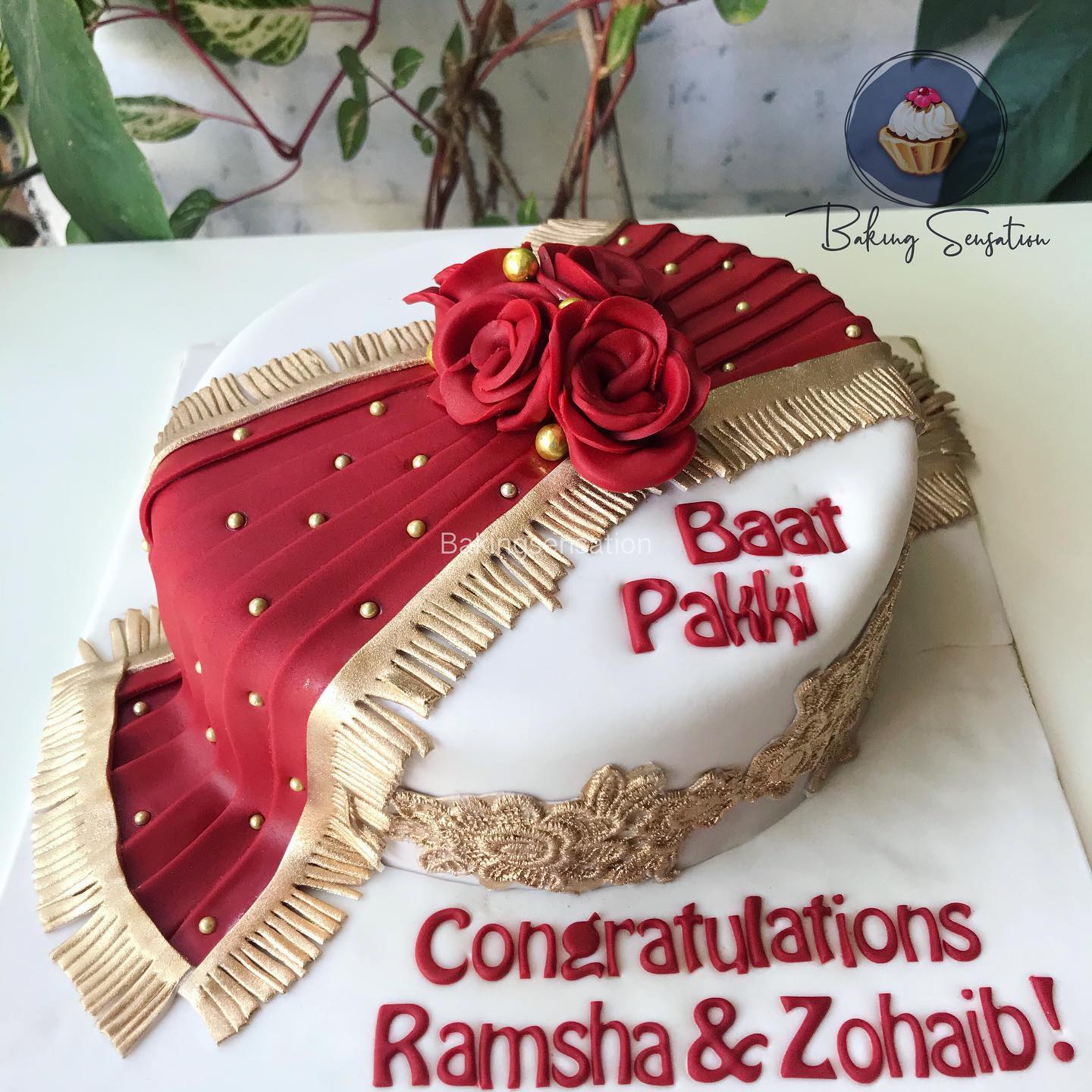
If the proposal is accepted, and both parties intend to marry, it marks the commencement of an engagement.
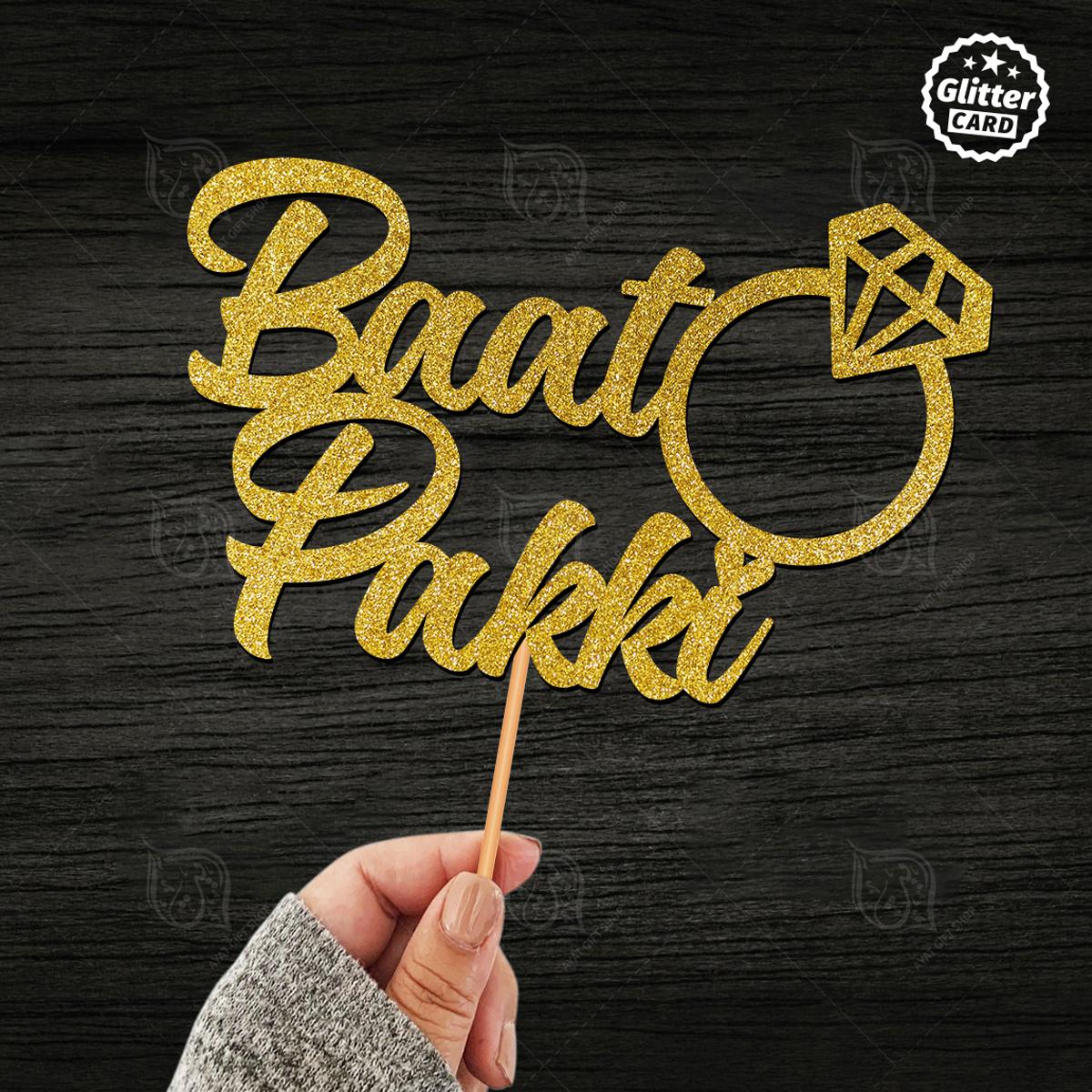
Engagement
In pakistani wedding Engagement can be likened to a mutual agreement or solemn promise between the couple During this period, they commit not to see other people romantically and agree that they will not consider proposals from anyone else for marriage.
Maiyun, MEHNDI
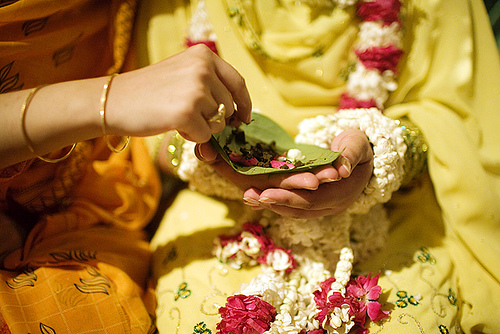
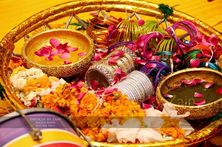
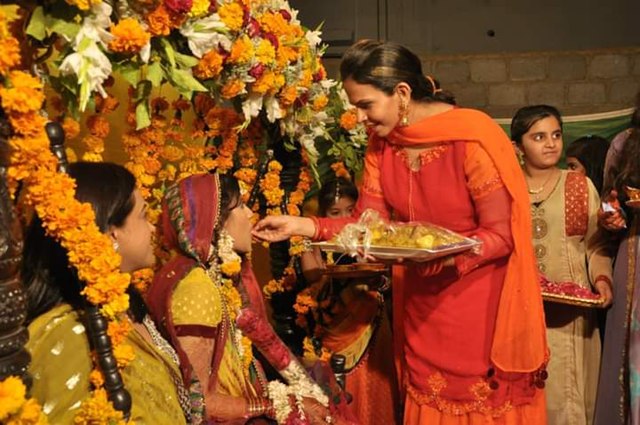
Maiyon is a customary pre-wedding ritual in Pakistan, where the bride traditionally observes a period of seclusion lasting from 7 to 15 days before the wedding. On the other hand, the “Mehndi” is a joyous henna ceremony exclusively for female participants, during which they apply henna to the bride’s hands, arms, and feet in celebration



Baraat
The primary wedding ceremony, known as the Nikah, entails the signing of the marriage contract in the presence of family and witnesses. This sacred and intimate event symbolizes the union of two souls.
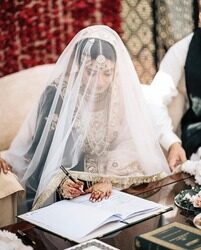


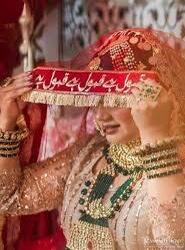
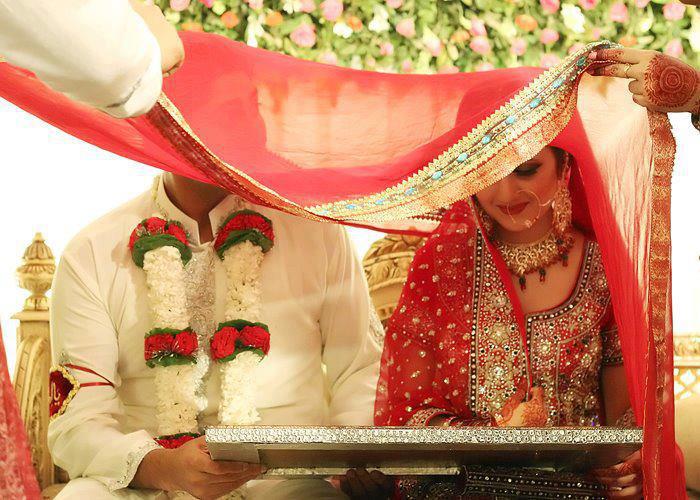
In the Nikah (نِكاح) ceremony, bride and groom sign a marriage contract, or Nikahnama (نکاح نامہ), in the presence of their close family members
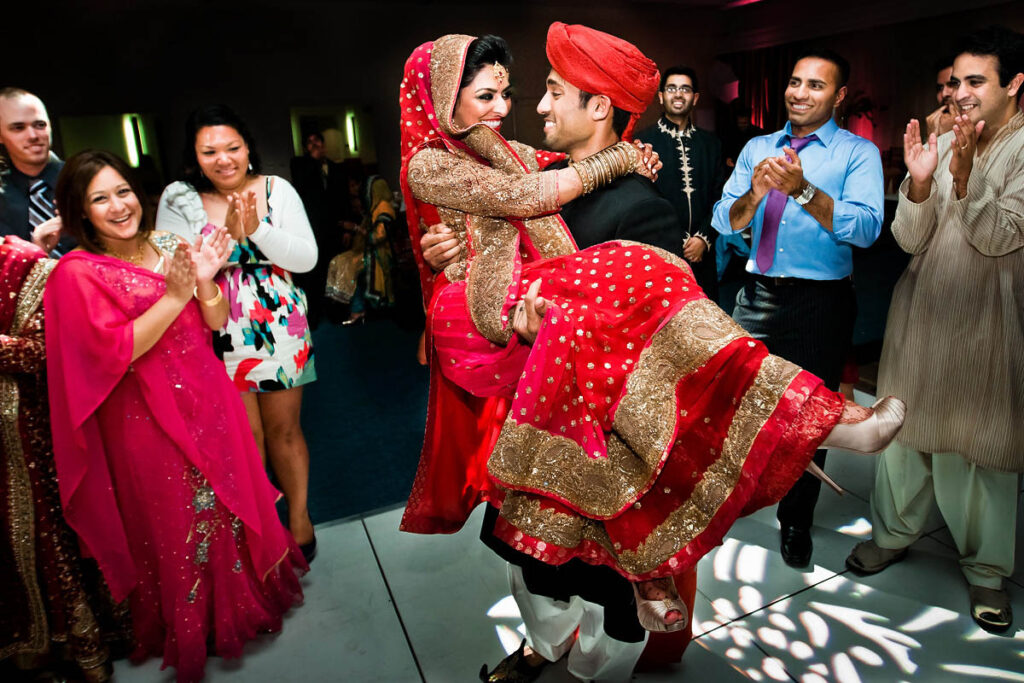
Walima

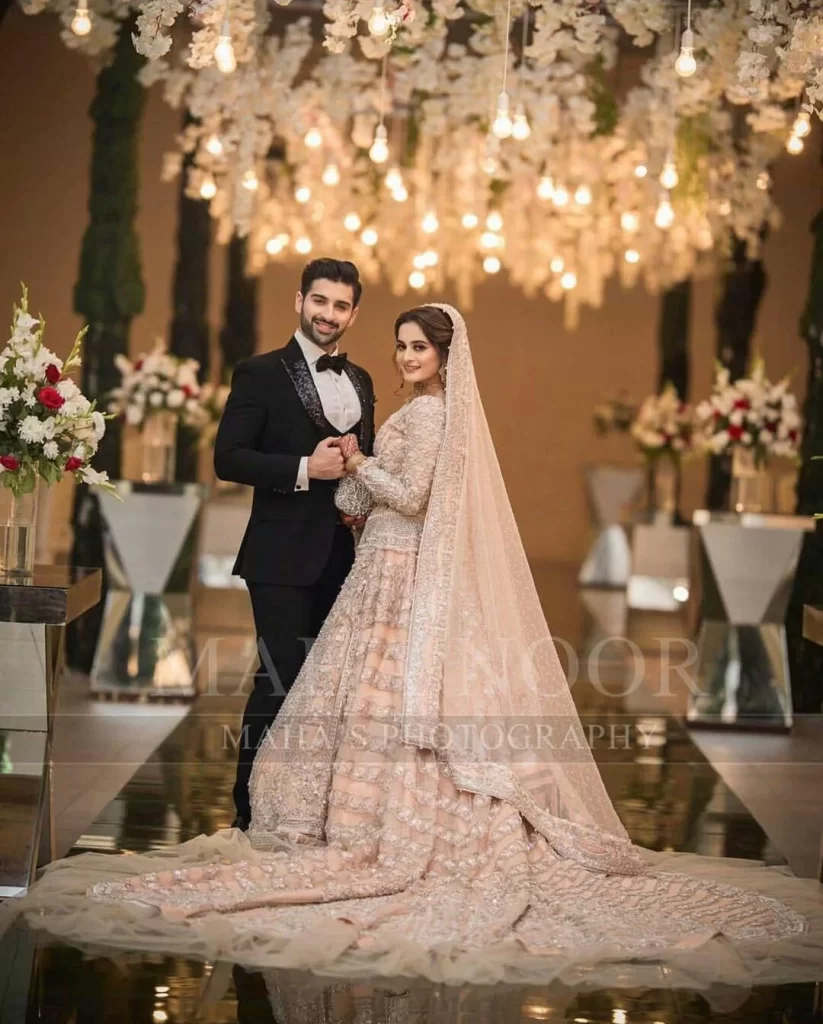
The Walima (ولِيمہ) is the formal wedding reception hosted by the husband and wife, signifying the official public announcement of their marriage. It is usually a grand celebration attended by numerous relatives and invited guests from both families. Traditionally held at home, nowadays, Walimas are increasingly taking place at marriage halls, restaurants, or hotels
